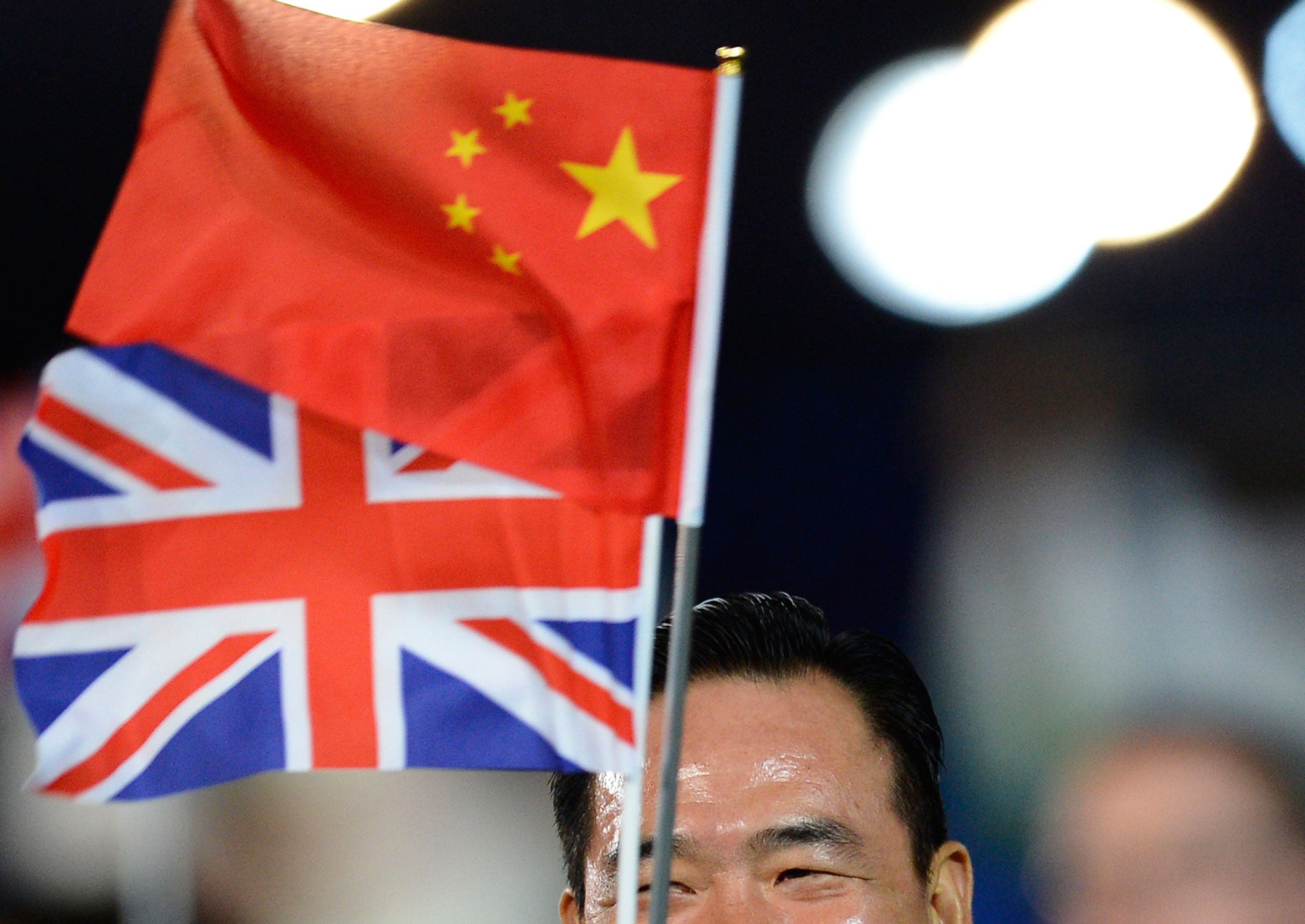Dave Whelan's use of the word 'chink' is a reminder of the problems facing Britain's Chinese population
We can no longer be the silent and invisible minority — we must have our voices heard, and faces seen

Dave Whelan, the owner of Wigan FC, went out on a limb while defending his appointment of Malky Mackay as the club's manager last week. According to him, it is "nothing" to call a Chinese person like myself a "chink", or believe that "Jewish people do chase money more than everybody else". As pressure piled from all quarters, Whelan eventually gave in and apologised.
This sounds all too familiar a script. Whenever a racist remark arises, it is defended as "banter". Then the person involved would apologise to put out the fire. As a result, the right would grumble on about political correctness and the left would remain complacent in claiming victory over the episode.
Without belittling the extent of racism against other ethnic minorities, I have to say that our treatment has been particularly overlooked in the ongoing conversation regarding racial equality in the UK. Despite successive governments’ efforts to court the bureaucrats in Beijing, including a £14bn of trade and investment deals between UK and China signed earlier this year, local British Chinese are still being left behind.
While politicians call for more representation for Brits of all skin colours, British Chinese are somehow off the agenda. There are approximately 400,000 ethnic Chinese living in the UK, and large Chinese communities are found in many major UK cities. However, since Anna Lo, a Northern Irish Parliamentarian, announced her resignation earlier this year, there will be only one remaining MP of Chinese heritage in Parliament - Lord Wei of Shoreditch, the former Big Society tsar for the coalition government.
As well politics, the lack of Chinese people in areas such as the creative arts and the media is all too clear to see, especially on the silver screen. British Chinese characters are rare, and when they do appear, they're almost always portrayed stereotypically. In the entire 30-year history of Eastenders there has only been one regular Chinese character – a young female DVD seller called Li Chang, who lasted just six months.
The British Chinese community is also thought to be one of the oldest Chinese communities in Western Europe, with the first Chinese having come from the ports of Tianjin and Shanghai in the early 19th century. Later on in the 20th century, the majority of net migration came from former British colonies such as Hong Kong and Malaysia.
But in spite of their numbers and history, British Chinese are not as recognised in the nation’s story as their British Indian, Pakistani and Black counterparts. For instance, the Chinese community in Birmingham, having rooted in the city for over 60 years, was only recognised as worthy to be part of the City's history this year. Last month, the British Chinese Heritage Project was finally archived in the newly-built Library of Birmingham. It featured ordinary British Chinese people as well as Woon Wing Yip OBE, UK's first Chinese tycoon; and Rayson Huang CBE, former Vice-Chancellor of the University of Hong Kong. A first of its type in the West Midlands, it was created to capture the hidden histories of Birmingham's Chinese community. The project was exhibited at the Picasso-housing Barber Institute of Fine Arts, prior to being permanently archived.
According to the BC Project, an ambitious programme that seeks to encourage participation of the Chinese community in politics, the British Chinese population accounts for 1 per cent of the country’s 60m in total. There has never been a Chinese MP in the House of Commons. The community also lags far behind other ethnic minorities when it comes to voting. It is estimated that 30 per cent of British Chinese people are not on the electoral register. This figure compares to 6 per cent of white Britons who are not registered. Without role models, it is difficult for young British Chinese to imagine themselves standing in Parliament, or casting as a lead character in a BBC drama. In turn, stereotypes of Chinese people will be indulged and further foster the stigma of racism.
As well as being thoroughly unpleasant, Dave Whelan’s comments remind us of how much more needs to be done on racial equality in this country – especially for "silent" communities like the British Chinese. If racism is to be reversed, the silent communities can be silent no more. From the halls of Westminster to TV studios to community centres, we need to hear a much wider range of voices be heard.
Join our commenting forum
Join thought-provoking conversations, follow other Independent readers and see their replies
Comments
Bookmark popover
Removed from bookmarks